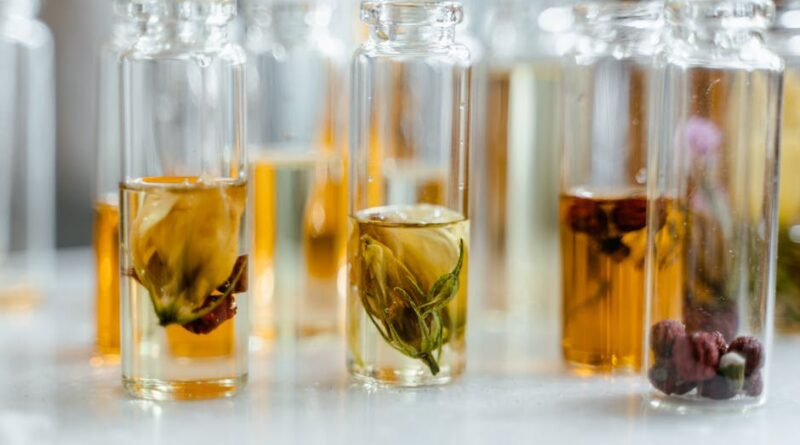Unlocking the Power of Nature: How to Make Herbal Infusions for Relaxation
Welcome to the world of herbal infusions, where the soothing power of nature meets the art of relaxation. In today’s fast-paced world, finding moments of calm and tranquility can feel like a luxury. But what if I told you that a simple cup of herbal infusion could be your ticket to relaxation? In this comprehensive guide, we will explore the fascinating realm of herbal infusions for relaxation, from their origins to their benefits, and most importantly, how you can make your own blends at home. So, sit back, relax, and let’s dive into the world of herbal infusions.
The Magic of Herbal Infusions
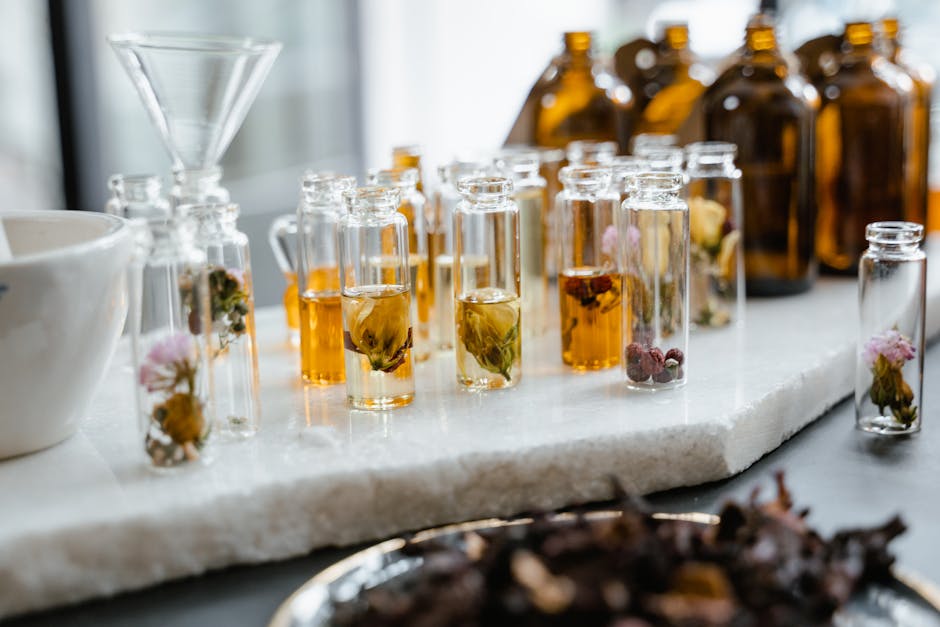
Herbal infusions, also known as herbal teas, are beverages made by steeping herbs, flowers, roots, or other plant materials in hot water. Unlike traditional teas, such as green or black tea, herbal infusions are caffeine-free and are prized for their medicinal and therapeutic properties. Throughout history, different cultures around the world have used herbal infusions for their calming, healing, and rejuvenating effects. From chamomile to lavender, peppermint to lemon balm, the world of herbal infusions is as diverse as it is delightful.
The Benefits of Herbal Infusions for Relaxation
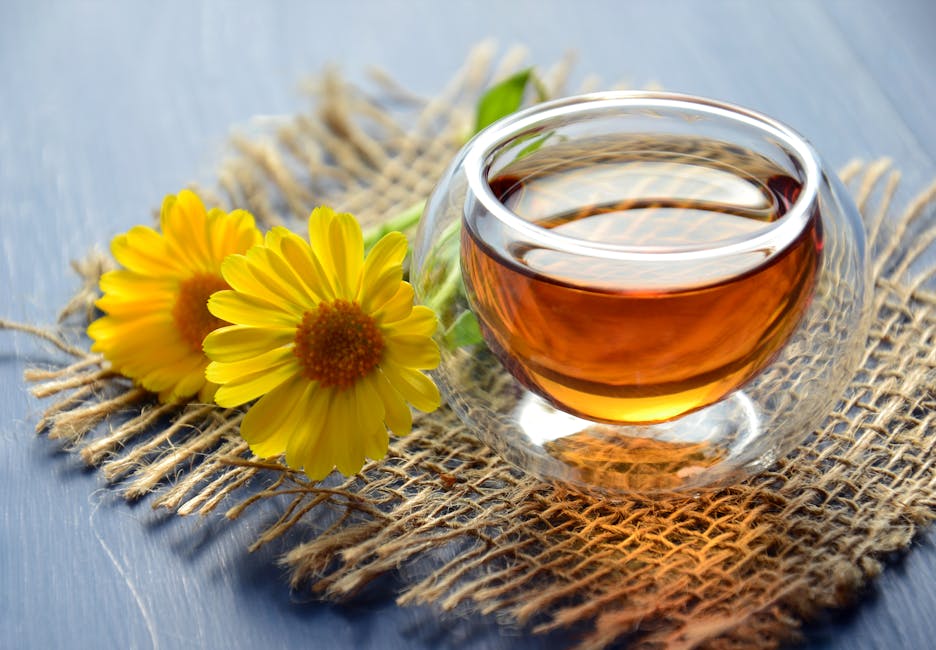
Herbal infusions offer a wide range of benefits for relaxation, both for the mind and body. Here are some of the key benefits:
Stress Relief
One of the primary reasons people turn to herbal infusions is for stress relief. Certain herbs, such as chamomile, passionflower, and valerian root, have natural sedative properties that can help calm the mind and promote relaxation. By sipping on a cup of herbal infusion, you can create a moment of tranquility in your day, allowing stress to melt away.
Improved Sleep Quality
Many herbal infusions are known for their ability to improve sleep quality. Herbs like valerian root and lemon balm have been used for centuries as natural sleep aids, helping to promote restful and rejuvenating sleep. By incorporating herbal infusions into your bedtime routine, you can create a peaceful and conducive environment for sleep.
Digestive Support
Herbal infusions can also provide digestive support, helping to calm upset stomachs and aid in digestion. Herbs like peppermint, ginger, and fennel are particularly beneficial for soothing digestive discomfort and promoting overall gut health. By sipping on a cup of herbal infusion after a meal, you can support your digestive system and enhance your overall well-being.
Immune Boosting
Many herbs used in herbal infusions are rich in antioxidants and immune-boosting properties. Herbs like echinacea, elderberry, and astragalus can help strengthen the immune system and ward off illnesses. By incorporating herbal infusions into your daily routine, you can give your body an extra layer of protection and support your overall health.
Hydration
Staying hydrated is essential for overall health and well-being. Herbal infusions offer a flavorful and refreshing way to stay hydrated throughout the day, without the added sugars or caffeine found in other beverages. By sipping on herbal infusions, you can keep your body hydrated and nourished, supporting your overall health.
How to Make Your Own Herbal Infusions
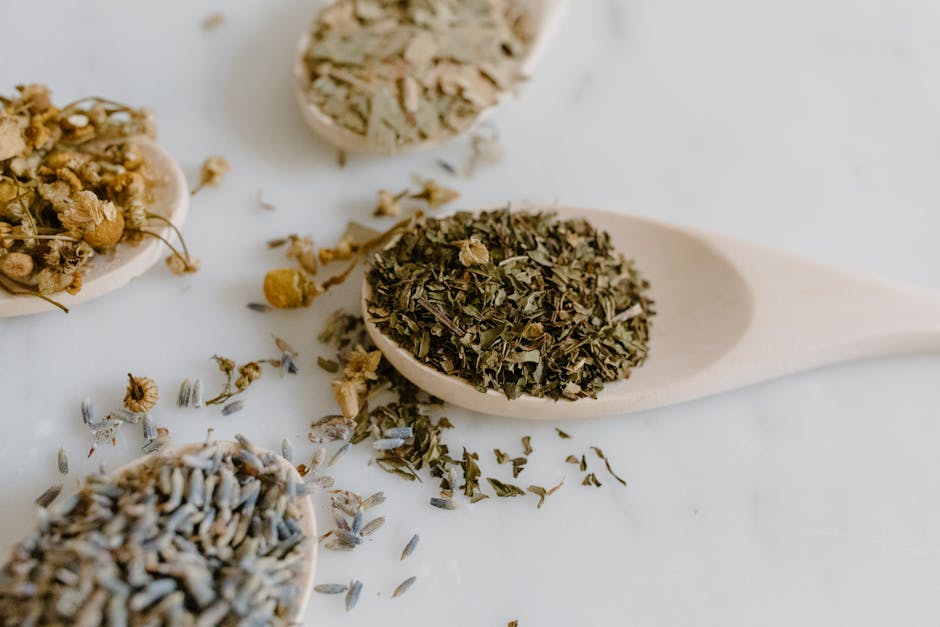
Making your own herbal infusions at home is a simple and rewarding process. Here’s a step-by-step guide to get you started:
1. Choose Your Herbs
The first step in making herbal infusions is to choose the herbs you’d like to use. You can use dried herbs, fresh herbs, or a combination of both, depending on your preference. Some popular herbs for relaxation include chamomile, lavender, lemon balm, and passionflower. Experiment with different herbs to create your own unique blends.
2. Prepare Your Ingredients
If you’re using fresh herbs, wash them thoroughly and pat them dry. If you’re using dried herbs, measure out the desired amount for your infusion. For a standard cup of herbal infusion, you’ll typically use 1-2 teaspoons of dried herbs or 2-3 tablespoons of fresh herbs.
3. Heat the Water
Bring water to a boil in a pot or kettle. For most herbal infusions, you’ll want to use filtered water to ensure the best flavor. Once the water reaches a boil, remove it from the heat and let it cool slightly for a minute or two.
4. Steep the Herbs
Place the herbs in a teapot or heatproof container. Pour the hot water over the herbs, making sure they are fully submerged. Cover the container with a lid or a saucer to trap the steam and let the herbs steep for 5-10 minutes, depending on the herbs used and your desired strength.
5. Strain and Serve
Once the herbs have steeped, strain the infusion to remove the herbs. You can use a fine mesh strainer, a tea infuser, or a cheesecloth for this step. Pour the strained infusion into a cup and enjoy it hot or cold, depending on your preference. Feel free to add a touch of honey or lemon for extra flavor.
Common Misconceptions About Herbal Infusions
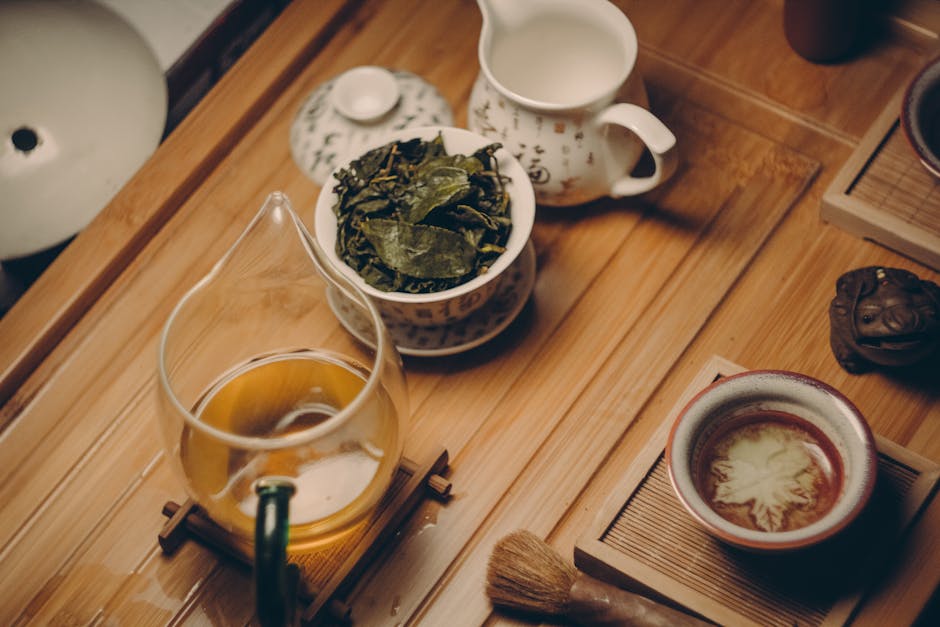
Despite their many benefits, there are some common misconceptions about herbal infusions. Let’s debunk a few of them:
Herbal Infusions are Just Flavored Water
While herbal infusions are primarily water-based, they are far from just flavored water. Herbal infusions contain the natural essences and medicinal properties of the herbs used, providing a wide range of health benefits beyond simple hydration.
Herbal Infusions Don’t Taste Good
Some people may think that herbal infusions don’t taste as good as traditional teas due to their lack of caffeine. However, herbal infusions come in a variety of flavors, from soothing and floral to spicy and citrusy. With so many herbs to choose from, there’s bound to be a flavor that suits your taste buds.
FAQs About Herbal Infusions for Relaxation
1. Can I mix different herbs together in one infusion?
Yes, you can mix different herbs together to create unique blends and flavors. Experiment with different combinations to find the perfect infusion for your relaxation needs.
2. Are herbal infusions safe for children and pregnant women?
While many herbal infusions are safe for children and pregnant women, it’s always best to consult with a healthcare provider before introducing new herbs into your diet, especially during pregnancy or for young children.
To Wrap Things Up
Herbal infusions are a natural and powerful way to relax, unwind, and take care of your well-being. By incorporating herbal infusions into your daily routine, you can tap into the soothing power of nature and create moments of calm in your busy life. Whether you’re looking to de-stress, improve sleep quality, or support your overall health, herbal infusions offer a holistic solution for relaxation. So, brew a cup, take a sip, and let the magic of herbal infusions envelop you in tranquility.

